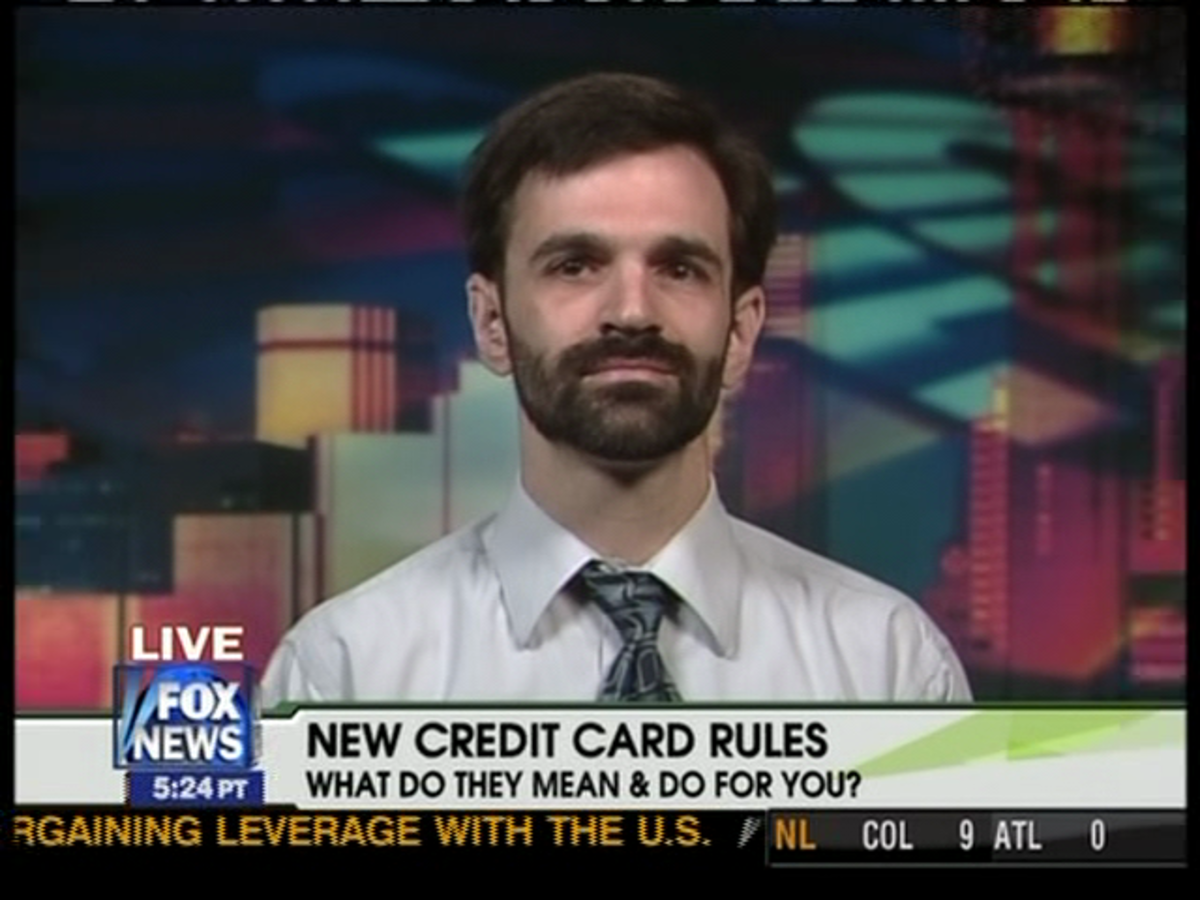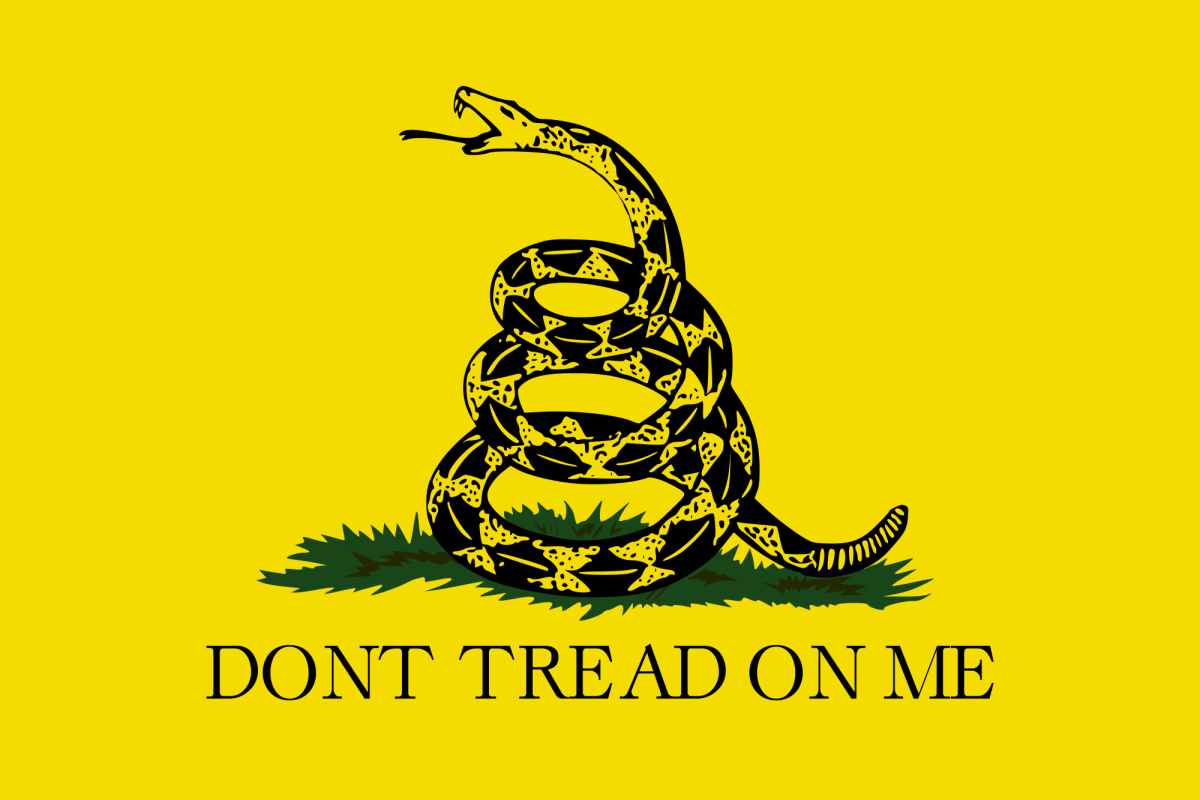Debt Collections and Payday Loans
Overview
What are your rights and obligations when dealing with debt collectors? What rights might you gain thanks to state laws on debt collections, and what federal laws apply to debt collectors?
Payday loans debts similar to credit card bills and unpaid utilities. However, payday loans are subject to the laws of the state where the loan is issued as well as federal laws. Debt collectors for payday loans are subject to the Fair Debt Collection Practices Act in addition to many state versions of the federal law.

Debt Collections, Payday Loans and Your Rights
- Payday lenders cannot seize your next paycheck if you have not signed it over. However, failure to pay your payday loan can result in paycheck garnishment after the lender wins a judgment in court for unpaid debt.
- Job loss does not eliminate the obligation to pay back a payday loan. If you lose your job and do not have another paycheck, the payday loan can be paid off using a check, credit card or money raised by selling assets.
- Payday lenders can only take assets pledged as collateral for the debt. If you have a title loan with the payday lenders, they retain ownership of the car if you do not pay back the debt in time and can repossess it. They cannot take cars or other vehicles unless the titles for those items were held as collateral or the title of those items were also signed over. If the debt collection effort has landed in court, the court may attach a lien for the amount owed to property such as a car or house, but this process takes months. Your home will not be taken next month because you haven’t paid a payday loan this week.
- Payday lenders must provide a letter detailing the original debt, interest owed and additional fees when requested so that you know what you currently owe. Collectors who are not associated with the original payday lender must provide proof that they have the right to collect on a loan. This prevents crooks from extorting money from borrowers while pretending to be debt collectors.
- You cannot go to jail for unpaid payday loans. They can call you at work unless you tell them not to call you at work. Payday lenders generally respect this request, since it is difficult to repay them if you lose your job. They can call you at home between 8 AM and 9 PM.
- Do not pay back payday loans with cash. Use a money order or check to the payday lender. This creates a lasting financial record of the amount paid and proof of when it was paid. This information is essential in fighting later claims that the debt was not paid or “zombie” debt collectors who buy debts from payday lenders and try to collect on what may have already been paid off.
- Payday loans come with limits regarding how long they can sit on the books. Payday lenders have the option of rolling over an old loan into a new one. Interest and fees on an old pay day loan will become the starting balance of the new payday loan. Limits on fees for payday loans become part of the balance on which interest is charged in the new loan. Because of this, it is your responsibility to avoid rolling over payday loans or using multiple payday loans to pay off a neglected debt.
- Do not take out a payday loan unless you can probably pay it off in a week or with your next paycheck. It is also cheaper to raise cash to pay off the loan by selling items instead of pawning them, since you will owe fees or interest to reclaim the pawned items and risk falling into another increasingly costly loan. Loans from pawn shops backed by items may be paid when the item is sold, but can also go into collections if the pawnshop loan comes with the option to seek the difference between the loan amount and the amount the sale brought.
- Do not inflate your income with expectations of overtime to get a payday loan you cannot repay. You will owe the amount when the debt comes due, regardless of your income next pay period.
State Fair Debt Collections Acts
About fifteen states and Washington, D.C. have their own versions of the Federal Fair Debt Collections Act. States are allowed to give consumers more protection from debt collectors than the federal law, such as limiting collectors' options or shortening the statute of limitations.
State versions of the debt collections act provide greater protection to consumers than the federal law. The protects of the federal Fair Debt Collections Act are the minimum you have, so citing your rights such as the right to demand a copy of their proof that they own the debt they are trying to collect and requiring a settlement amount in writing before you will pay are universal.








